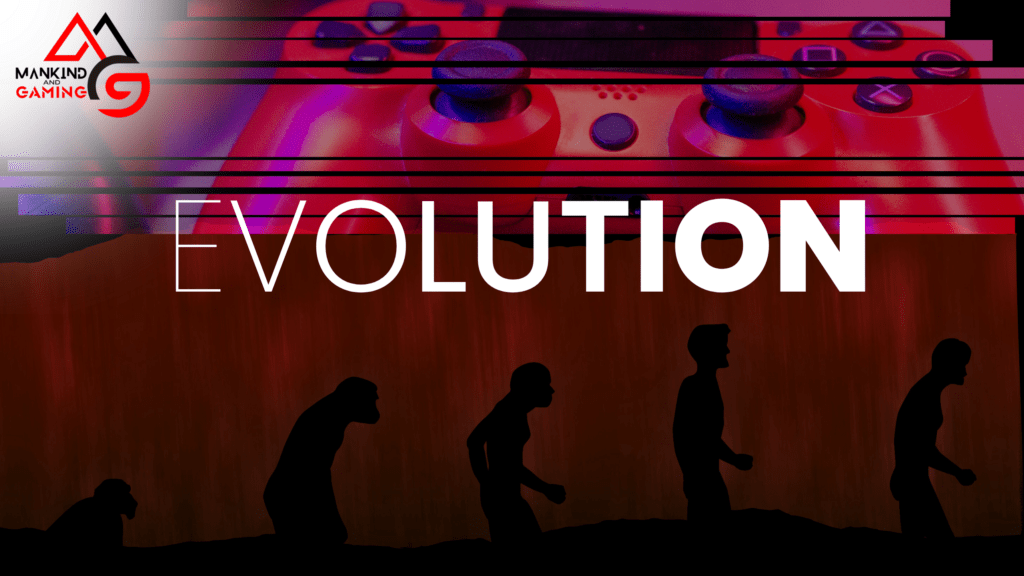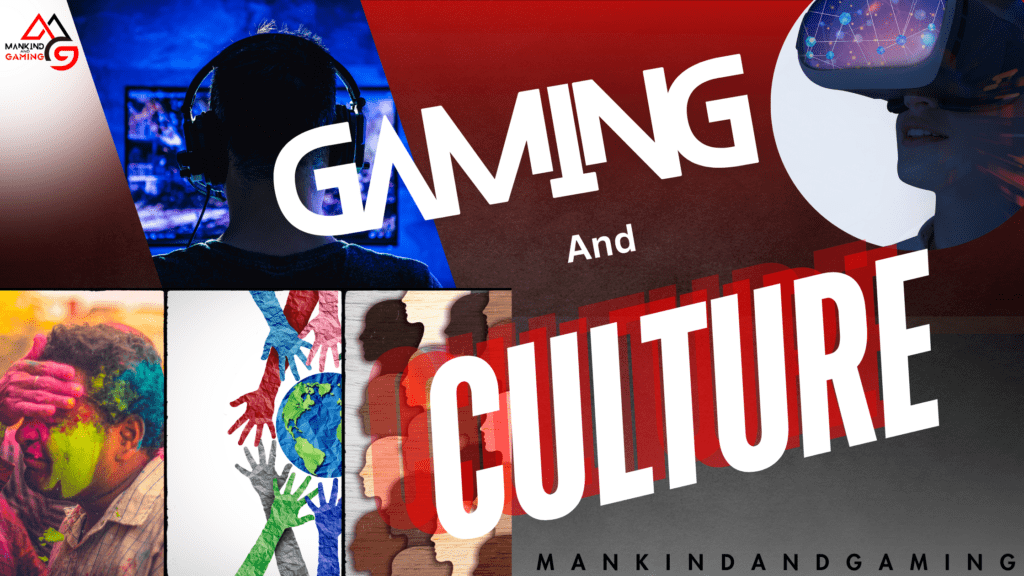WHY WE PLAY AND WHAT WE LEARN
By Syed Adon Ahmed Oti-
In my opinion , gaming isn’t just about pressing buttons and winning; it’s about diving into a world of excitement and challenge that captivates our minds. To create a hit game, it’s crucial to understand the psychology of gaming, which delves into the inner workings of a gamer’s mind.
It’s like a treasure map for game developers, guiding them through the intricate labyrinth of player motivations and desires. In the heart of this labyrinth lies the secret to creating games that players can’t resist. Let’s dive into the gamer’s mind to uncover what lies beneath the surface.
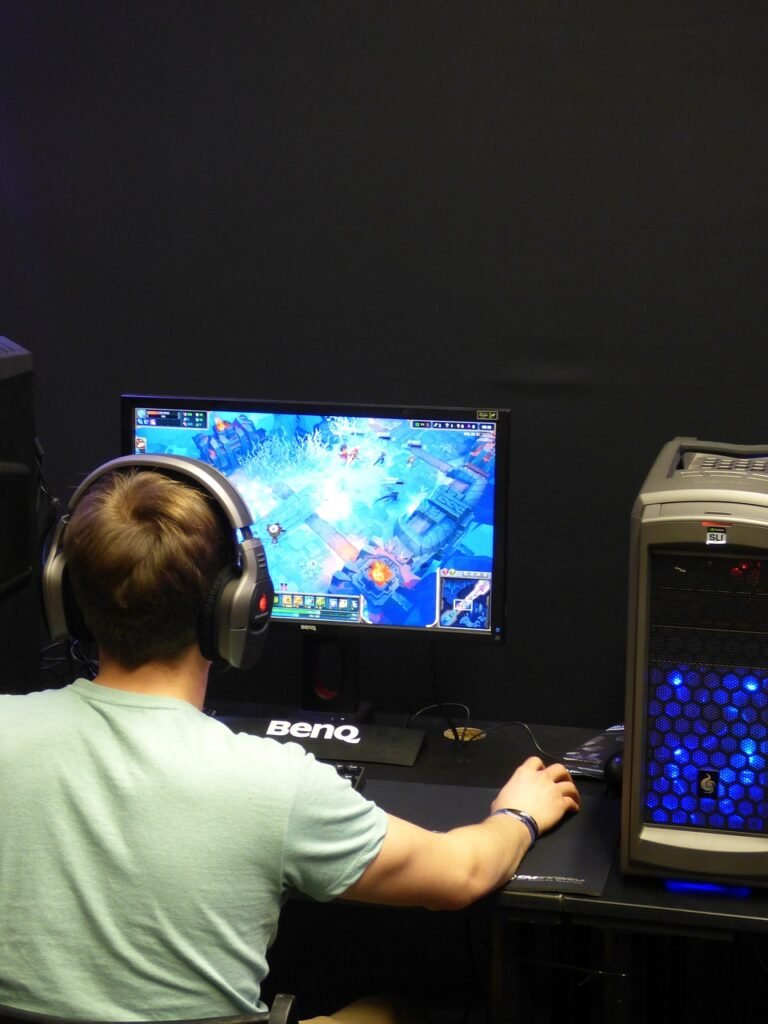
The Allure of Gaming: Why We Play?
It is pretty clear now that in recent decades, video gaming has transformed from a niche hobby into a global phenomenon, captivating millions of players across diverse demographics. But what drives us to immerse ourselves in these virtual worlds, and what do we gain from our time spent playing? Understanding the psychology behind gaming offers insights into human behavior and the profound effects that games can have on our cognitive, emotional, and social development.
I Think Engagement and Enjoyment is one of the primary reasons people are drawn to video games .
The concept of flow, introduced by psychologist Mihaly Csikszentmihalyi, describes a state of deep focus and immersion that players often experience during gaming. This state of flow, where the challenges of the game perfectly match the player’s skills, is highly rewarding and encourages continued play .
Example: In games like Tetris or Candy Crush, players experience a flow state as they become absorbed in the rhythm of gameplay, solving puzzles that are challenging yet manageable.
The thrill of Achievement and Mastery
The Sense of Accomplishment is important in almost every aspect of life , Video games provide a structured environment where players can set goals, face challenges, and achieve rewards, leading to a sense of accomplishment. The progression systems in games, such as leveling up or earning badges, cater to our intrinsic desire for mastery and competence .
Example: In World of Warcraft, players invest time in developing their characters, achieving milestones that give them a sense of progression and mastery.
Gaming builds Social Interaction and Community
Gaming is a major source of Social Connectivity. Games offer a platform for social interaction, allowing players to connect with others, build relationships, and form communities. Multiplayer games, in particular, facilitate teamwork, communication, and the development of social skills .
Example: Titles like Fortnite and Among Us bring players together from around the world, fostering a sense of camaraderie and social belonging.
What we desire the most nowadays? to endure Escapism and Stress Relief
Mental Break is important. Gaming serves as a form of escapism, providing a temporary reprieve from the stresses and challenges of real life. This psychological escape allows players to relax, unwind, and engage in a low-stakes environment where they can control outcomes .
Example: Immersive games like The Elder Scrolls V: Skyrim offer vast, open worlds where players can lose themselves in exploration and adventure, providing a mental escape from daily pressures.

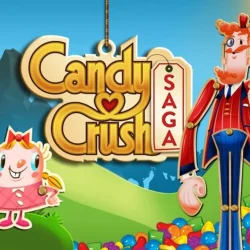





Cognitive and Emotional Benefits: What We Learn?
Cognitive Skills and Problem-Solving
Gaming can Enhance Cognitive Function. Research has shown that gaming can improve various cognitive skills, including spatial awareness, strategic thinking, and problem-solving. Puzzle games and strategy games, in particular, require players to think critically and plan ahead .
Example: Games like Portal challenge players to solve complex puzzles using logic and spatial reasoning, thereby enhancing cognitive flexibility and problem-solving skills.
Learning and Educational Value
Games can provide Educational Tools: Many games are designed with educational purposes in mind, teaching subjects such as history, science, and mathematics through interactive learning experiences. Educational games engage students by making learning fun and motivating .
Example: Civilization VI teaches players about historical events, world geography, and the complexities of running a civilization, providing both entertainment and education.
Emotional Regulation and Empathy
Emotional Engagement: Games often evoke a wide range of emotions, from excitement and joy to frustration and empathy. Engaging with these emotions in a virtual environment can help players develop better emotional regulation skills and empathy for others.
Example: Narrative-driven games like Life is Strange involve players in emotionally complex stories that require them to make choices affecting the characters’ fates, fostering empathy and understanding.
Resilience and Perseverance
Overcoming Challenges: Games teach resilience by presenting players with obstacles that they must overcome through persistence and strategic thinking. This builds a mindset that values effort and perseverance, skills that are transferable to real-life challenges.
Example: In challenging games like Dark Souls, players must repeatedly attempt to overcome difficult scenarios, learning from each failure and developing resilience.
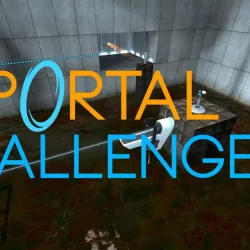
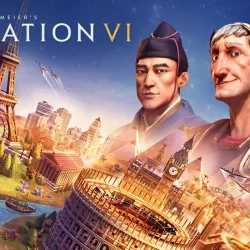


Check out these extra elements behind gaming
IMMERSION: THE GATEWAY TO GAMING
When gamers pick up their controllers or sit at their keyboards, they seek immersion. They want to be transported to a different world, leaving behind their daily troubles. Game designers must create captivating environments and stories that draw players in, making them forget the real world.
THE POWER OF REWARDS
The psychology of gaming revolves around rewards. Gamers love the feeling of achievement and progression. Game developers sprinkle rewards throughout the game to keep players motivated. Whether it’s levelling up, unlocking new content, or earning in-game currency, rewards drive gamers to keep playing.
THE THRILL OF CHALLENGE
Gamers are thrill-seekers at heart. They crave challenges that test their skills and push them to the limit. Game difficulty should be well-balanced, providing enough challenge to keep players engaged without causing frustration.
THE SOCIAL CONNECTION
Gaming is not just a solo activity. Gamers often seek social interactions within the gaming world. Online multiplayer games allow players to connect, cooperate and compete with others worldwide. Understanding the social aspect of gaming is essential for creating a successful game.
ESCAPISM: A TEMPORARY ESCAPE
The psychology of gaming involves escapism. Gamers use games to escape from reality, even if just for a little while. Game developers should create worlds that offer an escape, a place where players can be heroes or explorers.
PLAYER AUTONOMY
Players want to feel in control of their gaming experience. They want choices that impact the game’s outcome. Game designers must provide players with meaningful decisions and the freedom to explore their own paths.
EMOTIONAL ENGAGEMENT
The psychology of gaming is tied to emotions. Games have the power to evoke a wide range of feelings; excitement, fear, joy and even sadness. Crafting a compelling narrative and characters can trigger emotional responses that keep players invested in the game.
THE FLOW STATE
Gamers often enter a “flow state” when they’re completely absorbed in the game. This state of deep concentration and enjoyment is a holy grail for game developers. They need to design games that allow players to enter this state and stay there for as long as possible.
THE DOPAMINE RUSH
Dopamine, a neurotransmitter associated with pleasure, plays a significant role in gaming. Winning a game or achieving a challenging goal releases dopamine in the brain, creating a sense of satisfaction. Game designers use this knowledge to create moments of triumph and reward.
THE FEEDBACK LOOP
The psychology of gaming relies on feedback. Players need to know how they’re doing and what they can improve. Visual and auditory cues, such as level-up animations and score updates, provide immediate feedback that keeps players engaged.

